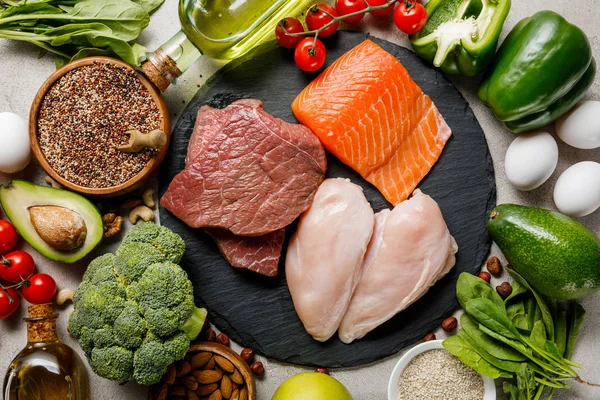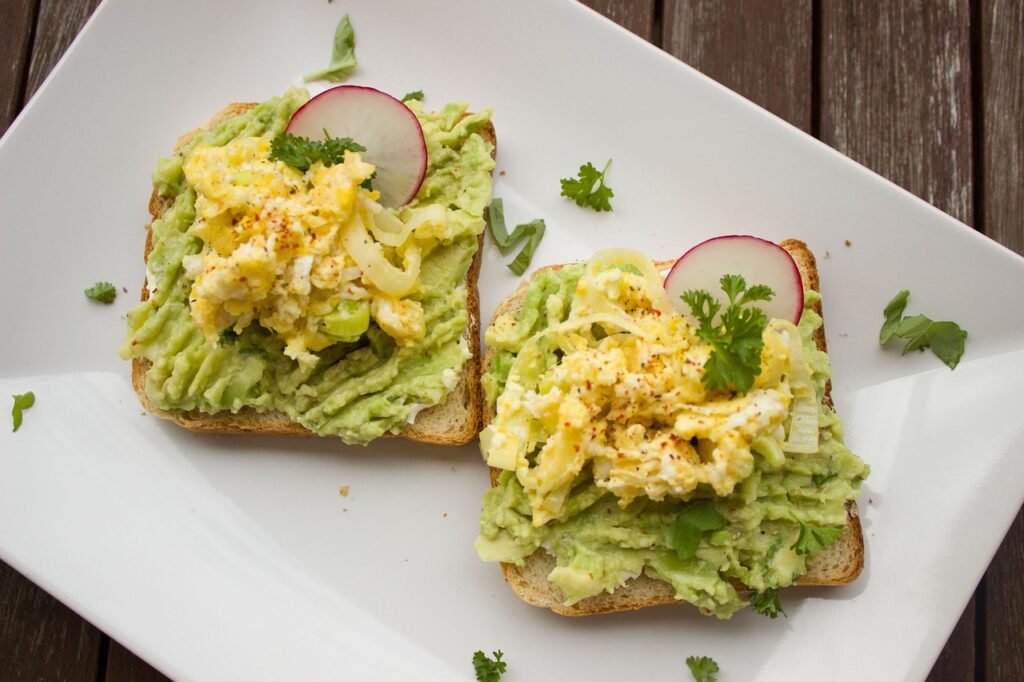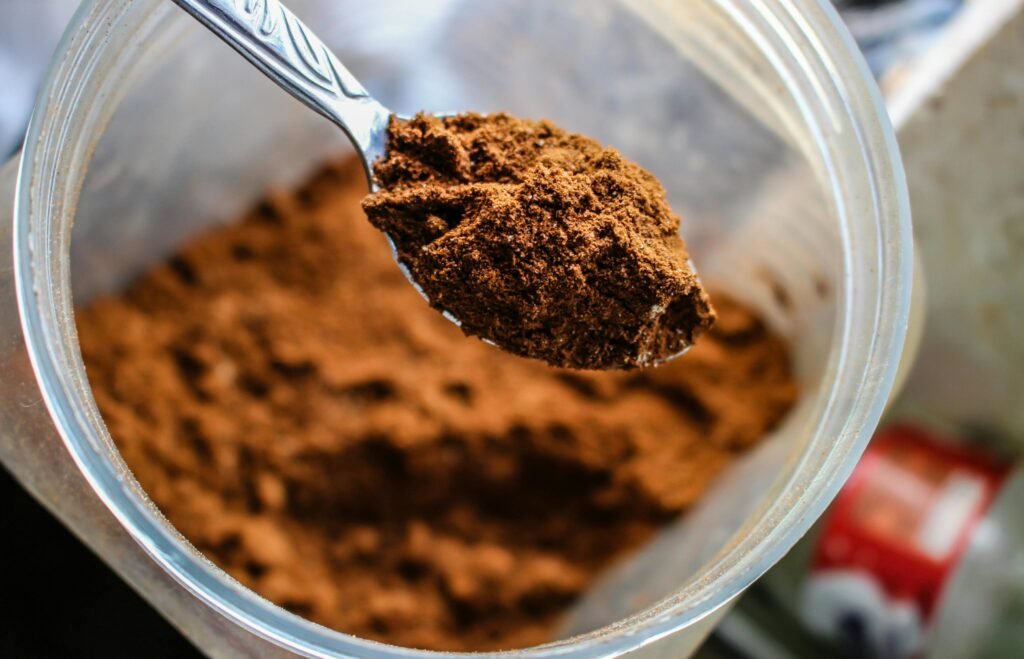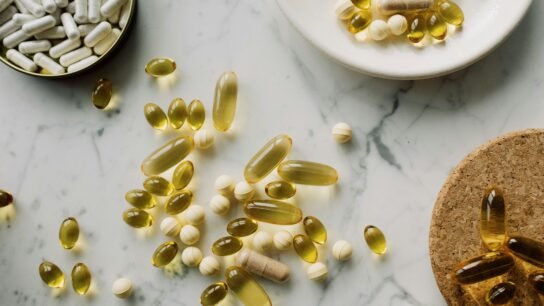Working out at home has become increasingly popular, thanks to its convenience and flexibility. However, when it comes to building muscle, your diet is just as important as your workout routine. Whether you’re new to weightlifting or a seasoned gym rat, understanding the principles of nutrition can make a significant difference in your muscle gains. Here’s a short 7 step guide to help home gym goers optimize their diet for muscle growth.
1. Understand Your Caloric Needs

To build muscle, you need to consume more calories than you burn. This surplus provides the necessary energy and nutrients for muscle repair and growth. Here’s how to calculate your caloric needs:
- Basal Metabolic Rate (BMR): This is the number of calories your body needs at rest to maintain basic physiological functions. Use an online calculator or the Harris-Benedict equation to estimate your BMR.
- Total Daily Energy Expenditure (TDEE): Multiply your BMR by an activity factor that reflects your lifestyle and workout routine. This gives you the total calories you need to maintain your current weight.
- Caloric Surplus: To gain muscle, add 250-500 calories to your TDEE. Aim for the lower end if you want to minimize fat gain, or the higher end for faster muscle growth.
2. Prioritize Protein Intake

Protein is the building block of muscle. Ensuring adequate protein intake is crucial for muscle repair and growth. Aim for 0.8 to 1 gram of protein per pound of body weight daily. High-quality protein sources include:
- Lean meats (chicken, turkey, lean beef)
- Fish and seafood
- Eggs
- Dairy products (Greek yogurt, cottage cheese)
- Plant-based sources (beans, lentils, tofu, tempeh)
- Protein shakes and powders
3. Balance Your Macronutrients

While protein is vital, don’t neglect carbohydrates and fats. Each macronutrient plays a unique role in muscle building:
- Carbohydrates: Carbs provide the energy needed for intense workouts. Opt for complex carbs such as whole grains, fruits, vegetables, and legumes. Aim for 2-3 grams of carbs per pound of body weight.
- Fats: Healthy fats support hormone production, including testosterone, which is crucial for muscle growth. Include sources like avocados, nuts, seeds, olive oil, and fatty fish. Aim for 0.3-0.4 grams of fat per pound of body weight
4. Timing Matters

When you eat can be just as important as what you eat. Here are some tips on meal timing to maximize muscle gains:
- Pre-Workout: Eat a balanced meal with protein and carbs 2-3 hours before your workout. This fuels your body and supports performance.
- Post-Workout: Consume a protein and carbohydrate-rich meal or snack within 30-60 minutes after your workout. This helps kickstart the muscle repair process.
- Frequent Meals: Eating smaller, frequent meals every 3-4 hours ensures a steady supply of nutrients and maintains energy levels throughout the day.
5. Stay Hydrated

Hydration is often overlooked but is crucial for overall health and muscle function. Aim to drink at least 8-10 cups of water daily, more if you’re sweating heavily during workouts. Proper hydration supports digestion, nutrient transport, and muscle recovery. Looking for a water bottle? Try Owala!
6. Supplement Wisely

Supplements can complement your diet but should not replace whole foods. Some effective supplements for muscle building include:
- Whey Protein: Convenient for meeting daily protein needs.
- Creatine: Enhances strength and muscle mass when combined with resistance training.
- Branched-Chain Amino Acids (BCAAs): May help reduce muscle soreness and improve recovery.
7. Monitor and Adjust
Regularly track your progress and adjust your diet as needed. If you’re not seeing the desired muscle gains, you may need to increase your caloric intake or tweak your macronutrient ratios. Conversely, if you’re gaining excess fat, consider reducing your caloric surplus slightly.
Conclusion
Building muscle at home requires dedication both in the gym and in the kitchen. By understanding and applying these dietary principles, you can optimize your nutrition to support muscle growth effectively. Remember, consistency is key—stick to your diet plan, stay hydrated, and adjust as necessary to keep making progress. Happy lifting!

